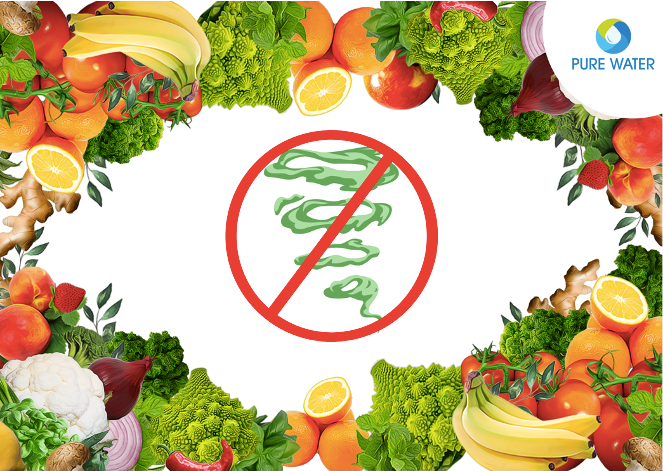
Colour & Odour removal – Key to Quality & Compliance
Decolorization and deodorization are important processes in the food and beverage industry, as they help to improve the appearance, flavour, and quality of the final product.
These processes are typically used to remove impurities that can negatively impact the sensory properties of the food or beverage, such as off-odours, off-flavours, or discoloration.
What is Decolorization?
Decolorization is the process of removing colour from a food or beverage. This can be necessary for a variety of reasons, such as to meet specific colour requirements for the final product, to improve the overall appearance of the food, or to eliminate any colour that may have been added during processing. For example, decolorization may be used to remove the yellow colour from clear juices, or to remove discoloration caused by oxidation in oils.
What is Deodorization?
Deodorization is the process of removing unwanted odours from a food or beverage. This is an important step in the production of many foods and beverages, as odours can have a significant impact on the quality and appeal of the final product. For example, deodorization is often used to remove the smell of rancid oils, or to eliminate any unwanted odours that may have been introduced during processing.
Methods available in the market:
There are several methods available for decolorization and deodorization, including
- Distillation processes
- Filtration technologies
- Adsorption through various media
- Steam Stripping
The specific method used will depend on the type of food or beverage being processed, as well as the desired outcome.
Crucial Role in ensuring quality and compliance:
Decolorization and deodorization play a crucial role in ensuring the quality and safety of food and beverages. By removing impurities that can negatively impact the sensory properties of the final product, these processes help to improve the appearance, flavour, and overall appeal of the food or beverage. They also help to ensure that the final product meets regulatory standards, and is safe for consumption.
In addition to improving the quality and safety of food and beverages, decolorization and deodorization can also help to extend the shelf life of the product. By removing impurities that can cause spoilage, these processes can help to prevent the growth of bacteria and other microorganisms, and slow down the rate of oxidation and rancidity.
Conclusion:
In conclusion, decolorization and deodorization are important processes in the food and beverage industry, as they help to improve the quality and safety of the final product. By removing impurities that can negatively impact the sensory properties of the food or beverage, these processes help to ensure that the final product meets regulatory standards, is safe for consumption, and has a longer shelf life.
The pressure on organisations to manufacture products of international and export worthy standards is now more than ever. To find out more about the various options available for odour and colour removal, get in touch with us at info@purewaterent.net.

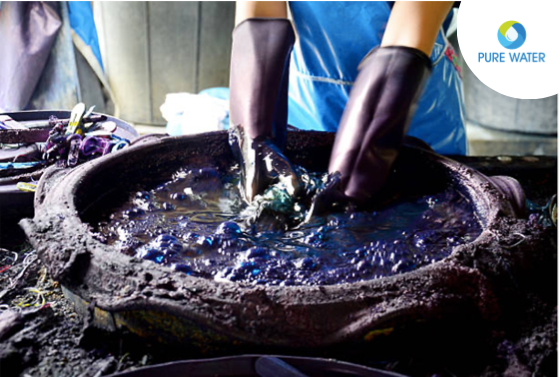
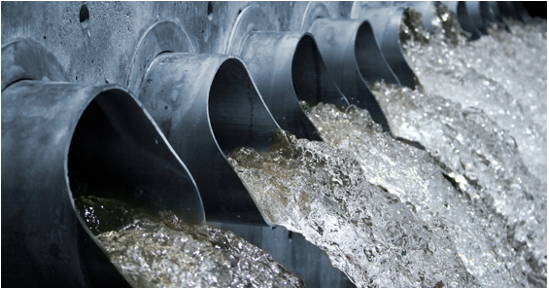
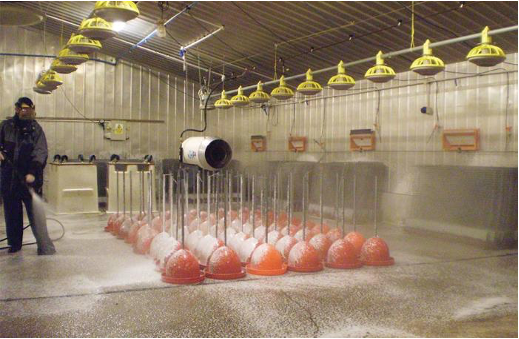
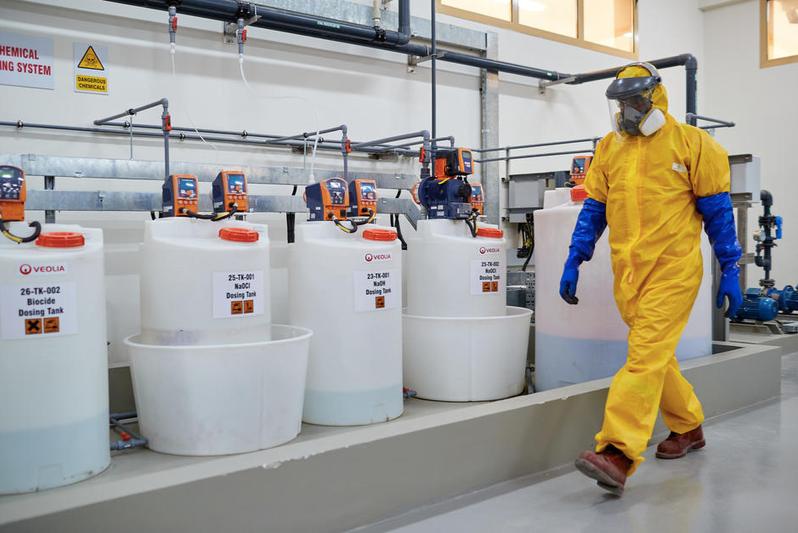

About The Author: Pure Water
More posts by Pure Water